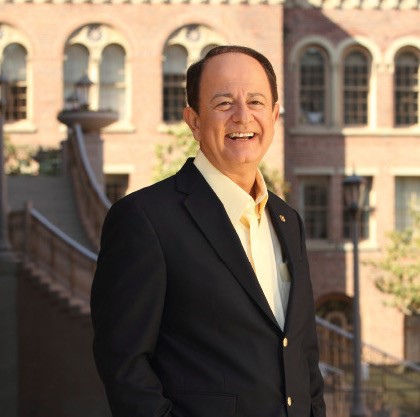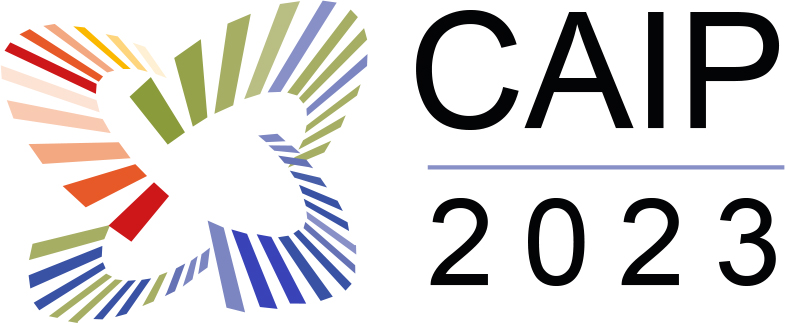Keynote Speakers

Chrysostomos L. Nikias, Ph.D
President Emeritus and Professor of Electrical Engineering
Malcolm R. Currie Chair in Technology and the Humanities
Director, The Institute for Technology Enabled Higher-Education
University of Southern California
Title: Semiconductor Chips in the Center of Geopolitical Competition
Abstract: Semiconductor chips are the “brains” behind everything of today’s economy. They have become the world’s most critical industry. The single most important factor affecting semiconductors is a “cold war-type tensions” that has slowly developed in recent years between the U.S. and China that are rooted in the starkly different systems of governance of the world’s two largest economies: democracy versus autocracy. We will address the current geopolitical tensions that are disrupting the crucial global semiconductor industry even as the artificial intelligence applications and cloud computing revolutions fuel a surge in demand, the complexities and multinational nature of the supply chain, the challenges with 5G telecommunications hardware, the importance of educating this industry’s highly skilled workforce, the role that democratic societies around the world can play, and make some predictions on what the future holds.
CV: Dr. Chrysostomos L. Nikias is currently President Emeritus and Life Trustee of the University of Southern California (USC), Professor of Electrical Engineering, and the holder of the Malcolm R. Currie Chair in Technology and the Humanities. He has been at USC since 1991, and in addition to his work as a professor, has served as research center director, dean of engineering, provost, and president of the university. Dr. Nikias is a member of the National Academy of Engineering, a fellow of the American Academy of Arts & Sciences, a charter fellow of the National Academy of Inventors, an associate member of the Academy of Athens, a foreign member of the Russian Academy of Sciences, and a life fellow of the Institute of Electrical and Electronics Engineers
(IEEE). He is the recipient of the IEEE Simon Ramo Medal for exceptional achievement in systems engineering, the Academic Leadership Award from the Carnegie Corporation of New York, the Ellis Island Medal of Honor, the UNICEF’s Spirit of Compassion Award, and six honorary doctorates.

Prof. Nicolai Petkov
Bernoulli Institute of Mathematics, Computer Science and Artificial Intelligence
University of Groningen, Netherlands
Title: Improving contour detection by surround suppression of texture
Abstract: Various effects show that the visual perception of an edge or line can be influenced by other such stimuli in the surroundings. Such effects can be related to non-classical receptive field (non-CRF) inhibition, also called surround suppression, that is found in a majority of the orientation selective neurones in the primary visual cortex. A mathematical model of non-CRF inhibition is presented. Non-CRF inhibition acts as a feature contrast computation for oriented stimuli: the response to an edge at a given position is suppressed by other edges in the surround. Consequently, it strongly reduces the responses to texture edges while scarcely affecting the responses to isolated contours. The biological utility of this neural mechanism might thus be that of improving contour (vs. texture) detection. The results of computer simulations based on the proposed model explain perceptual effects, such as orientation contrast pop-out, ‘social conformity’ of lines embedded in gratings, reduced saliency of contours surrounded by textures and decreased visibility of letters embedded in band-limited noise. The insights into the biological role of non-CRF inhibition can be utilised in machine vision. The proposed model is employed in a contour detection algorithm. Applied on natural images it outperforms previously known such algorithms in computer vision.
CV: Nicolai Petkov was full professor of computer science (chair of Parallel Computing and Intelligent Systems) at the University of Groningen from 1991 till 2023. From 1998 till 2009 he was scientific director of the Institute for Mathematics and Computer Science. He has done research in parallel computing, pattern recognition, image processing, computer vision and applied machine learning. His current research interests as emeritus professor concern predictive analysis of financial time series.
